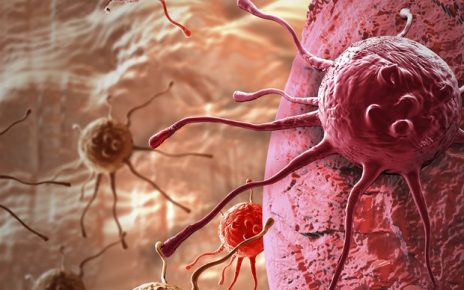A study on childhood adversity at The University of Texas at El Paso School of Nursing found that undergraduate nursing students who were exposed to a higher number of adverse childhood experiences (ACEs) — such as abuse, neglect or family dysfunction — encountered higher levels of burnout and depression.
ACEs can have negative, lasting effects on physical and mental health outcomes in adults.
The results of the study titled, “The Relationship of Childhood Adversity on Burnout and Depression Among BSN Students,” were published in the September 2018 issue of the Journal of Professional Nursing, the official journal of the American Association of Colleges of Nursing.
The authors include UTEP School of Nursing faculty members Gloria McKee-Lopez, Ph.D., assistant dean for undergraduate education; Leslie K. Robbins, Ph.D., acting School of Nursing dean and assistant dean for graduate education; Elias Provencio-Vasquez, Ph.D., former School of Nursing dean and current dean of the University of Colorado College of Nursing at the Anschutz Medical Campus; and Hector A. Olvera, Ph.D., director of research at the School of Nursing.
More than 200 UTEP students who were enrolled in the first semester of upper division courses in the Bachelor of Science in Nursing (BSN) program participated in this study during fall 2016 and spring and summer 2017.
The study supports efforts by nursing programs across the country to better prepare a new generation of nurses for the demands of the profession.
Researchers recommend educating nursing faculty on the frequency and range of ACEs experienced by incoming nursing students, which may put them at higher risk for developing stress, burnout and depression while they are in the program. They also recommend providing faculty with the resources to provide information to students on counseling and support services.
Source: Read Full Article



